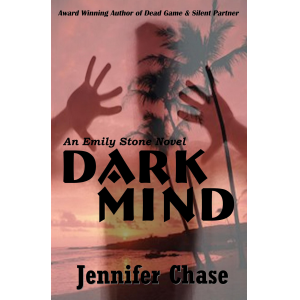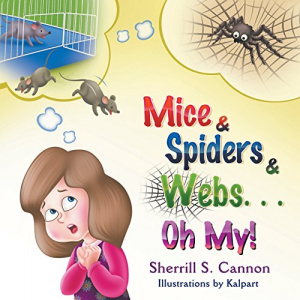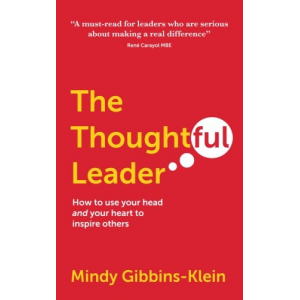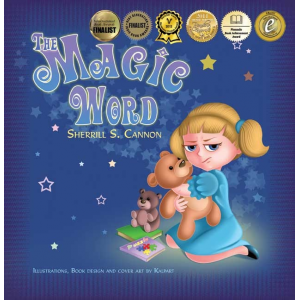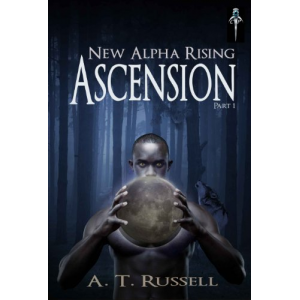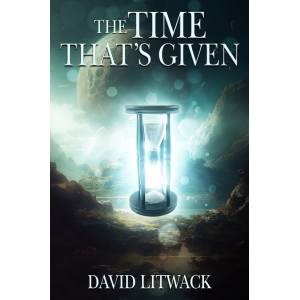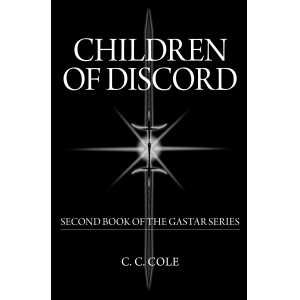- Author
- Book
- Story behind the book
- Media Links
- Reviews

Rosemary Morris
About
~~Rosemary Morris set her novels in the reign of Queen Anne Stuart, niece of Charles II, who ruled from 1702 to 1714, and in the ever-popular regency era.
According to Rosemary, there is a gigantic canvas for a historical novelist to choose from. So far she has chosen to set her published novels in the England of Queen Anne Stuart 1702 – 1714 and the popular Regency era. She is now writing Monday’s Child a Regency novel and revising another novel set in the reign of Edward II.
She chose those periods because each of them affected the course of history. If the Duke of Marlborough had not won The War of Spanish Succession and The Duke of Wellington had not defeated Napoleon at The Battle of Waterloo the history of Britain and that of Europe would have been very different, and would also had far-reaching consequences for the rest of the world. If Edward II had won the Battle of Bannockburn, Robert the Bruce would have probably been killed. It is feasible that the king would have conquered Scotland and, perhaps, as it is claimed, he would not have been murdered.
The more Rosemary reads about her chosen eras the more fascinated she becomes and the more aware of the gulf between those periods of history and her own. She believes those who lived in the past shared the same emotions as we do but their attitudes and way of life were in many ways quite different to ours. One of the most striking examples is the position of women and children in society in bygone ages.
Rosemary presents women who are of their time, not women dressed in costume who behave like 21st century women. Of course, it is almost impossible to completely understand our ancestors but through extensive research Rosemary ensures her characters observe the social etiquette of their life and times in order not to become outcasts from society.
Research of Rosemary’s chosen eras sparks her imagination. The seeds of her novels are sown. From them sprout the characters and events which will shape their lives.
Rosemary Morris was born in 1940 in Sidcup Kent. As a child, when she was not making up stories, her head was ‘always in a book.’
While working in a travel agency, Rosemary met her Hindu husband. He encouraged her to continue her education at Westminster College. In 1961 Rosemary and her husband, now a barrister, moved to his birthplace, Kenya, where she lived from 1961 until 1982. After an attempted coup d’état, she and four of her children lived in an ashram in France.
Back in England, Rosemary wrote historical fiction and joined the Romantic Novelists’ Association, Historical Novel Society and Watford Writers.
Apart from writing, Rosemary enjoys classical Indian literature, reading, visiting places of historical interest, vegetarian cooking, growing organic fruit, herbs and vegetables and creative crafts.
Her bookshelves are so crammed with historical non-fiction which she uses to research her novels that if she buys a new book she has to consider getting rid of one.
Time spent with her five children and their families most of whom live near her is precious.
Rosemary’s books published by MuseItUp Publishing are available from the publisher, Amazon-kindle, ibooks, Nook and other reputable vendors.
You can read the first three chapters of her novels and view the book trailers on her website www.rosemarymorris.co.uk.
Rosemary would like to hear from you and receive your comments and reviews.
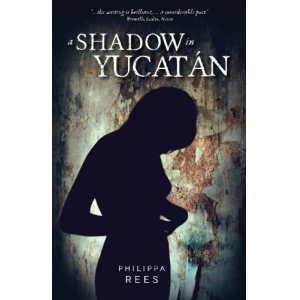
A Shadow in Yucatan
Description
<p>A mythical jewel of a story… A true story told on a beach in Yucatan, A Shadow tells Stephanie's story but it was also the story of the golden time. Its nostalgia sings like cicadas in the heat.</p><p>An American ‘Under Milkwood’, this distilled novel of the Sixties evokes the sounds, music and optimism on the free-wheelin streets and parks of Coconut Grove. You can hear Bob Dylan still strumming acoustic; smoke a joint with Fred Neil; and Everybody’s Talkin is carried on the wind.</p><p>Stephanie, a young hairdresser living in lodgings finds herself pregnant. Refused help from her hard Catholic mother in New York, unable to abort her baby, she accepts the kindness of Miriam, her Jewish landlady, whose own barren life spills into compassionate assistance for the daughter she never had.</p><p>The poignancy of its ending, its generosity and acceptance, echoes the bitter disappointment of those of us who hoped for so much more, but who remember its joy, and its promise, as though untarnished by time.</p>
